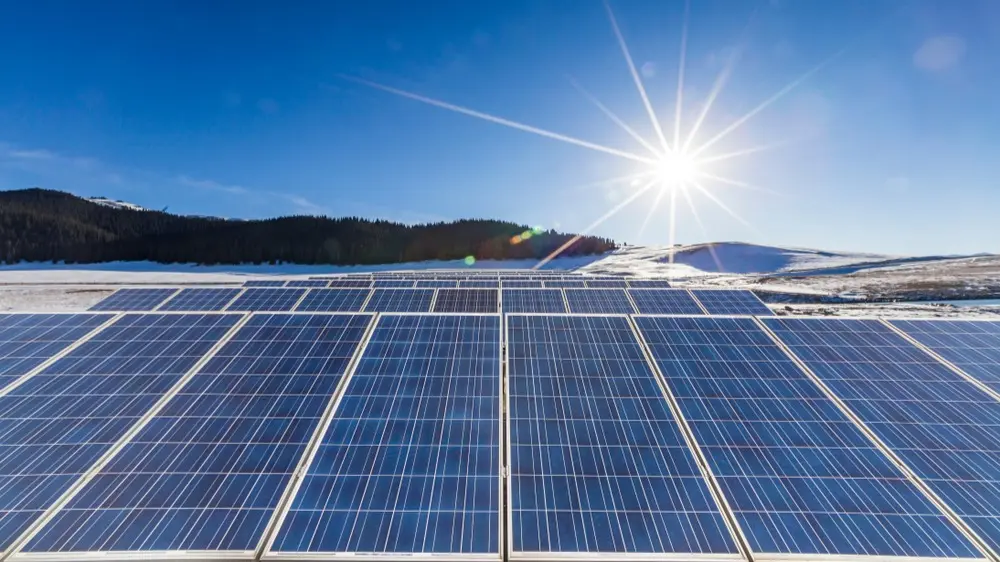Updated 8 May 2024 at 22:24 IST
India surpassed Japan to become world's 3rd largest solar power generator in 2023: Report
The report by global energy think tank Ember reveals that solar energy accounted for a record 5.5% of global electricity production.
- Republic Business
- 3 min read

Strides in alternative energy: After having pipped Japan as the world’s third-largest automobile manufacturer, India has now excelled in solar energy deployment and overtaken Japan to claim the title of the world's third-largest solar power generator in 2023, as per a recent report by global energy think tank Ember.
The report highlights that solar energy accounted for a record 5.5 per cent of global electricity production in 2023, with India contributing 5.8 per cent of its electricity from solar sources.
This surge in solar and wind energy usage has bolstered the share of renewables in the global electricity mix to over 30 per cent , with clean generation, including nuclear power, reaching nearly 40 per cent. Consequently, the carbon intensity of global electricity hit a historic low, declining by 12 per cent from its peak in 2007.
The report has also highlighted challenges faced, particularly with hydropower generation experiencing a five-year low due to drought conditions in China and other regions.
Aditya Lolla, Asia Programme Director, Ember said the importance of clean electricity not only for reducing carbon emissions but also for meeting the escalating electricity demand in an increasingly electrified economy and decoupling economic growth from emissions, a critical aspect in combating climate change.
Advertisement
Clean fuel pledge
Solar energy continues its reign as the fastest-growing electricity source globally for the 19th consecutive year, outpacing coal in new electricity generation by more than two-fold in 2023. India has emerged as a key player in solar energy expansion, witnessing the fourth-largest increase in solar generation worldwide in 2023, following China, the United States, and Brazil. Together, these four nations accounted for 75 per cent of the global solar growth.
The report indicates that global solar generation in 2023 was over six times larger than in 2015, with India's solar contribution to electricity generation escalating from 0.5 per cent in 2015 to 5.8 per cent in 2023.
In alignment with the International Energy Agency's "Net Zero Emissions" scenario, solar energy is projected to constitute 22 per cent of global electricity generation by 2030. Recognising the significance of transitioning to cleaner energy sources, India has committed to achieving 50 per cent of its cumulative electric power installed capacity from non-fossil fuel-based energy resources by 2030.
The global push towards renewable energy, underscored by a historic agreement at the United Nations COP28 climate change conference, aims to triple renewable energy capacity by 2030. India's ambitious plans to triple its renewable capacity by 2030 underscore its commitment to this cause, although Ember's analysis suggests that significant increases in annual capacity additions are needed to meet this target.
(With PTI inputs)
Advertisement
Published By : Saqib Malik
Published On: 8 May 2024 at 22:24 IST
